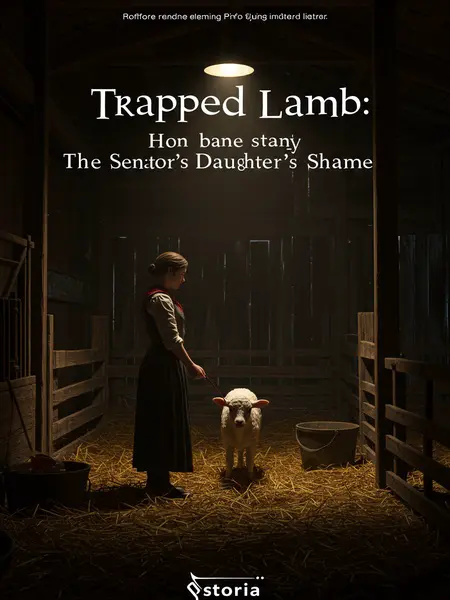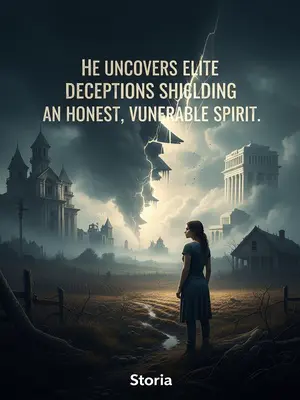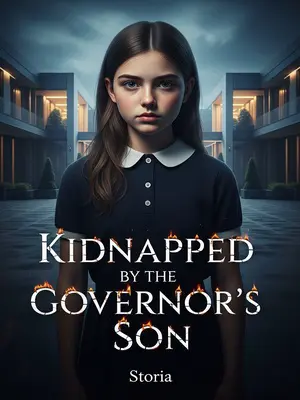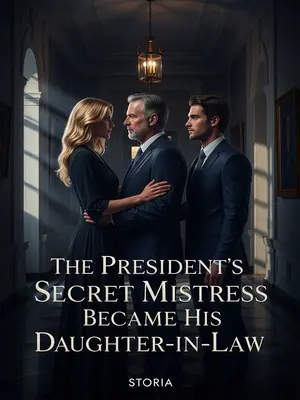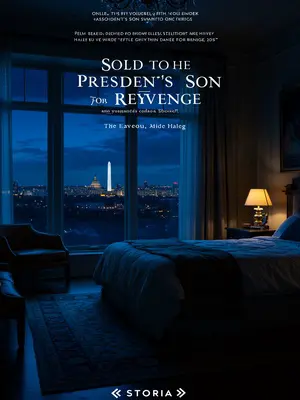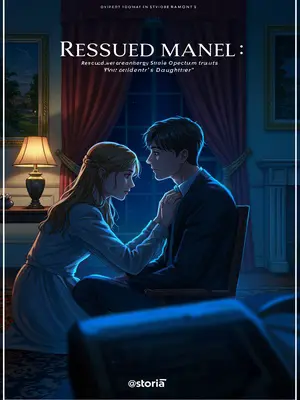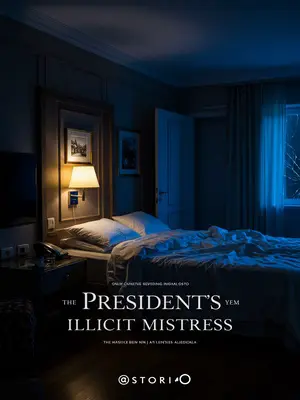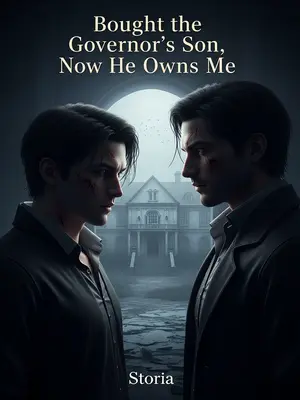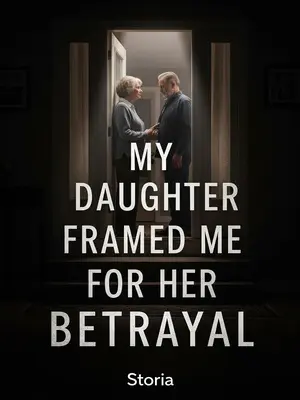Chapter 5: The Wooden Sword
I recuperated in the field camp for five days. The wound on my back hadn’t hit any organs. After it scabbed over, as long as I moved carefully, it wouldn’t split open.
The old medic took good care of me.
He wore a faded army surplus jacket, his hands always warm, his voice soft as he hummed old bluegrass tunes. I liked the way he always called me "kiddo," even though he barely knew me.
On the first day, sighing that I was too dirty and smelly, and my clothes couldn’t keep out the cold, he took his best flannel shirt and made a warm jacket for me.
He joked that red flannel was the color of tough kids, and that it’d keep out the wind. I believed him, if only a little.
Before putting it on me, he heated a bucket of water and carefully washed me from head to toe.
That bucket of clear water, which started out transparent, turned the color of mud by the end.
And my matted hair couldn’t be cleaned no matter what, so he sighed and cut some of it off.
He used a pair of old barber scissors, snipping away the knots with gentle hands. When he finished, he gave me a cracked mirror to look at myself. I barely recognized the kid staring back.
I had never been so clean, or so warm.
The jacket he made for me was really, really warm.
When he split his white dinner roll, secretly given by the cook, in half for me, he smiled and asked,
"How old are you? What’s your name?"
"I’m eight, I think. Mom calls me ‘little bastard,’ the ranchers just say ‘stray.’"
The old man’s face stiffened slightly as he ate the roll. He looked me over from head to toe, his eyes suddenly reddening.
His jaw clenched. For a second, I thought he might cry, but he just took a deep breath and patted my shoulder.
After a moment, he patted my head.
"I thought you were only five."
He ruffled my hair, his hand rough but kind. He winked at me, like we shared a secret. I smiled a little, the first time in what felt like forever.
Then he stuffed his remaining half of the roll into my hand.
"You must be starving, eat more..."
After saying that, he covered his eyes and left the tent...
White dinner rolls and thin soup were things I had never eaten before. I only dared to eat a little of the pickles with the soup.
The soup was salty and warm, and the pickles made my lips pucker. I sipped slowly, savoring every bite.
I was afraid if I finished it, the old man would have only plain soup left.
This was the first time I ate what regular people eat. I was very grateful to the old man.
I wrapped the last bite in a scrap of napkin, tucking it in my pocket to save for later. I wanted to make it last.
But in the whole camp, only the old man looked at me directly.
Everyone else, when they saw my blue eyes, would frown fiercely, as if they wished they could just toss me out.
Their looks burned. Some muttered about "mutts" and "strays." I kept my head down, pretending not to hear.
I didn’t want to cause trouble for the old man.
And I should go look for Mom.
So in the following days, every night I would secretly sneak out of the tent, trying to escape back to the prairie.
But every time, I was caught by the captain.
Because of this, he discovered something.
"You can see at night?"
I didn’t answer him, squatting in the corner, burying my head in my knees.
He snorted coldly, pointing his baton at my head.
"Don’t let anyone find out about this, or you’ll be in real trouble. No one can save you."
His voice was low, almost a whisper, but his eyes said he meant it. I nodded, keeping my secret close.
I didn’t understand.
But Mom did warn me not to tell anyone I could see at night.
I hated the captain. Since he couldn’t save my mom, why wouldn’t he let me go back?
Mom must be very lonely alone in the pen.
At night, I lay awake, clutching the flannel jacket, wondering if she was still alive—if she was cold, or hungry, or if she missed me at all.
